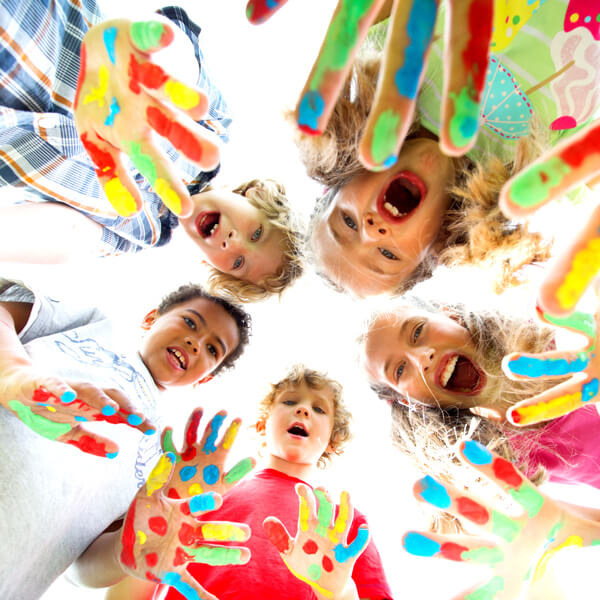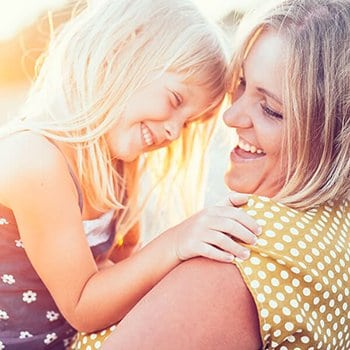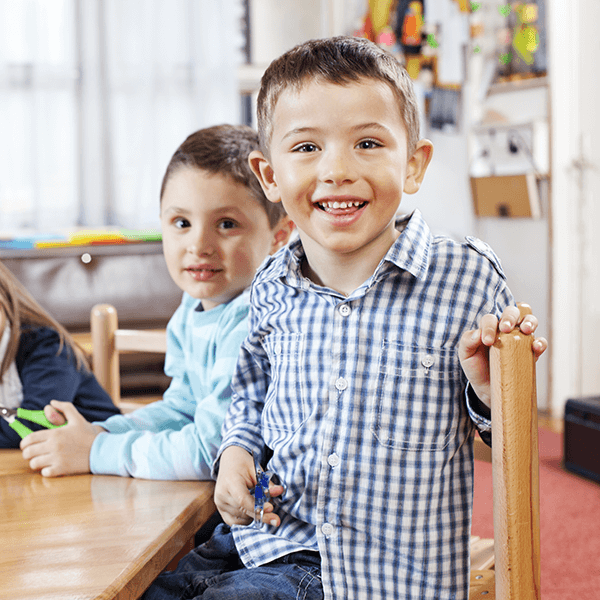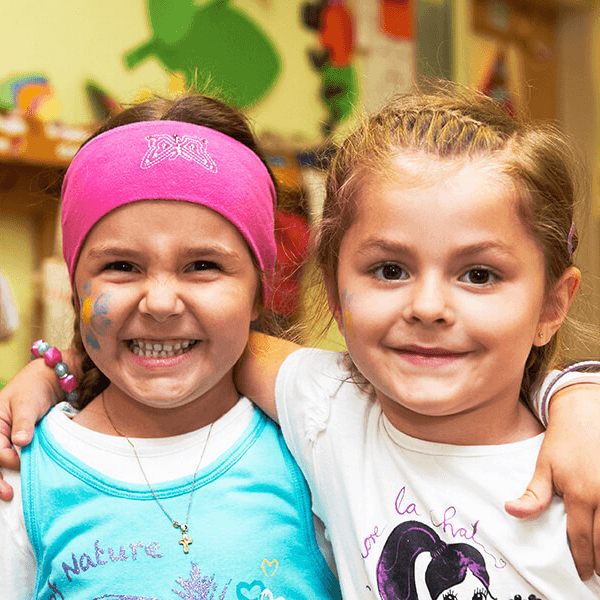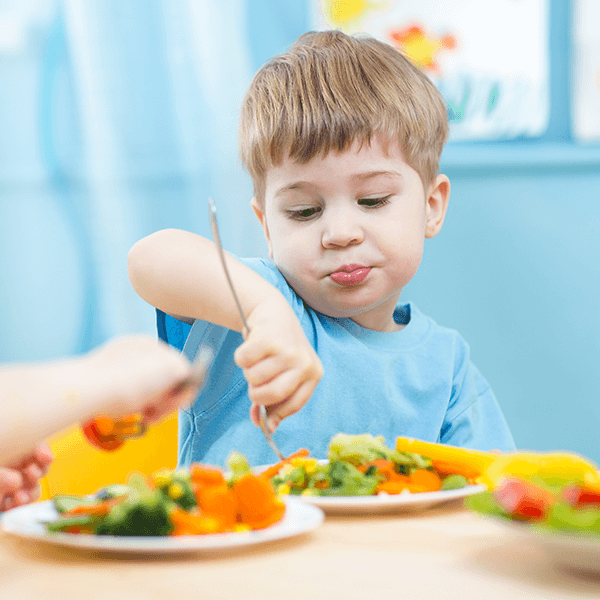Children
Each child is a valued individual with unique interests and strengths. Educators guide children to make positive choices about their learning and development. Most of a child’s learning takes place during their first 6 years of life. All the experiences a child has in this time contribute to the kind of people they will eventually become. Learning and development takes place through the medium of the child exploring their environment. The most common term for this form of learning is “play”.
Developmental play enables children to learn through concrete “hands-on” experiences such as doing, experimenting, predicting, achieving, and making mistakes.
We believe all children, have a right to be treated with fairness and equity, have the same opportunities for participation and are accepted as valued members of the community.
Through the implementation of the Early Years Learning Framework and the NSW National Quality Framework we build on children’s interests and knowledge as individuals within the group and wider community.
Children’s strengths and interests provides the foundation for Lee’s Learning educational program which is accessible for each child and family. In turn, this makes learning meaningful and enjoyable.
Each child is different, so we need to use a variety of teaching styles and be open to a variety of perspectives about child learning.
We help build their self-help skills and promote a positive attitude to encourage high self-worth. This promotes lifelong emotional intelligence.


